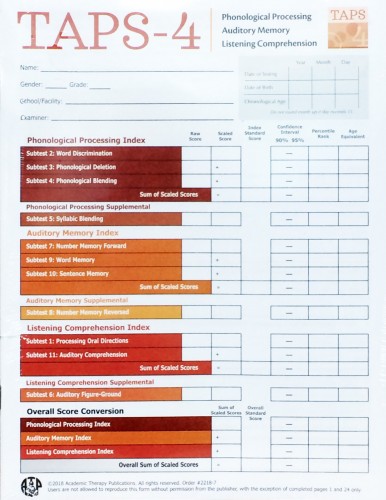

Sound discrimination: The brain distinguishes between different sounds, such as recognizing speech from background noise.Neural pathways: Information from the ears travels to the brain, where it is processed and interpreted.Understanding how it works and recognizing examples can provide valuable insights. Through this adventure, Susie discovered how auditory processing helps her make sense of the world and enjoy exciting experiences like visiting the zoo.Īuditory processing is the way our brains make sense of the sounds we hear. Enjoying the experience: Thanks to her well-functioning auditory processing, Susie had a fantastic time at the zoo, fully immersing herself in the sounds and making lasting memories.Understanding instructions: When the zookeeper gave directions during an interactive show, Susie’s brain processed the auditory information quickly, allowing her to follow the instructions and actively participate.Recognizing animal sounds: Susie’s auditory processing skills allowed her to identify and differentiate the unique calls and roars of various animals, such as the lion’s mighty roar and the monkey’s playful chatter.Filtering out background noise: Despite the loud ambiance, Susie’s brain helped her focus on the important sounds, like her parents’ voices and the zookeeper’s explanations.Here’s how auditory processing played a role in Susie’s zoo adventure: As they walked past the animal exhibits, the sound of chattering visitors and roaring animals filled the air. One day, Susie visited a bustling zoo with her family. Meet Susie, a curious and imaginative child who loves exploring new places. Tests are available to diagnose auditory processing disorders, and treatment usually involves a combination of accommodations, therapies, and educational interventions. Unlike hearing, which is the physical process of sound entering the ear, auditory processing involves the brain’s interpretation of those sounds. Additionally, adults on the autism spectrum may also experience difficulties with auditory processing. Teachers and speech-language pathologists who work with children with auditory processing difficulties also need to understand effective support methods. Parents of these children should be aware of the importance of auditory processing and how it can impact their child’s daily life. This issue can affect their ability to communicate and learn. Kids with special needs, like those with developmental delays or learning disabilities, often face challenges with auditory processing. It helps us distinguish between different sounds, filter out noise, and comprehend speech. Based on deep research, knowledge and understanding of children’s learning needs.Auditory processing is the brain’s way of understanding sounds we hear. The information can then be used to provide targeted intervention to strengthen these weak areas. It is an underlying cause of learning difficulties, which can be identified by specific assessments.


Deficiencies in these skills affect social, educational and personal interactions. Students need to have these skills in order to read, write, spell and do math effectively. Children with this weakness find it hard to concentrate on a task and are easily distracted by other sounds. Spelling and pronunciation are common problems faced by children with this problem.Īuditory Figure Ground: Ability to recognize important sounds or words against a background of noise. To recognise a word, a reader needs to have stored in their memory all the sound patterns of the words known and to be able to compare the pattern just heard with those patterns already stored to find the match and recognise the word.Īuditory Sequencing: Ability to put sounds in a correct order to form a word as well as organize oral information. Children with this difficulty find it hard to remember, comprehend and follow verbal instructions/ information.

Children with difficulty struggle to communicate effectively as well as comprehend others.Īuditory Memory: The ability to accurately remember what is heard. Phonological awareness training which to identify, blend, segment and manipulate oral language structure is beneficial.Īuditory Closure: Ability to pull sounds/words together to form a word, phrase, sentence or thought. Children with this difficulty will struggle to know the difference between words such as big/beg, tone used in anger or amusement. The sub skills are:Īuditory Discrimination: Ability to recognize the difference between similar sounding letters/ words as well as tone of voice. Auditory processing skills refer to the identification, organization and interpretation of what is heard. Deficiency of Auditory processing skills is one of the roadblocks to learning.


 0 kommentar(er)
0 kommentar(er)
